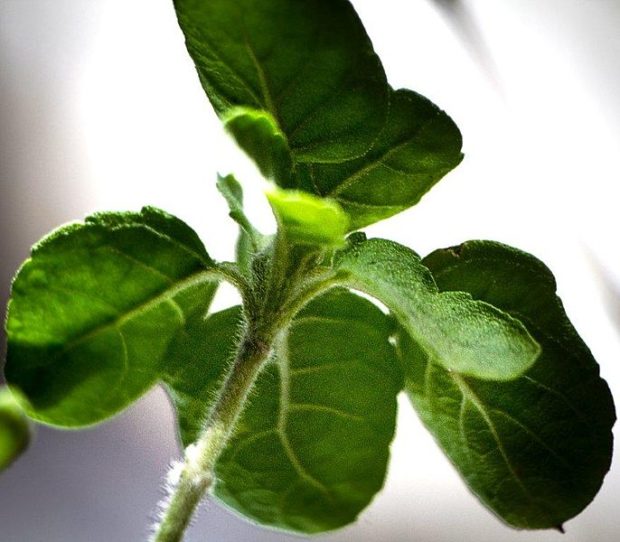A common staple in Ayurvedic medicine, adaptogens are herbs that help to maintain and improve overall health by regulating the body’s stress levels.
In the fast-paced lives that we lead, avoiding stress is nearly impossible. However, the concern arises when stress becomes chronic. Chronic stress can affect the body in a number of ways. This includes increasing the risk for chronic diseases such as heart disease, as well as mental illnesses such as depression.
The application of adaptogens helps to prevent this, as they are able to make the body more resilient to stress. In doing so, they help to protect and improve one’s overall health (1).
Our favorite adaptogens
Ashwagandha
Often referred to as the Indian ginseng, ashwagandha has been linked to stabilizing levels of the stress hormone, cortisol.
According to one study published in the Indian Journal of Psychological Medicine, ashwagandha was revealed to improve one’s quality of life by bettering their resistance ability towards stress. In fact, separate animal studies have revealed how in doing so, ashwagandha can prevent stress-induced ulcers and weight gain (2,3).
Aside from its stress-relieving capabilities, Ashwagandha has been proven to contain anti-inflammatory and anti-tumor properties (4).
The recommended daily dosage of ashwagandha is 300-500 mg/day, and it is advisable that pregnant women stay clear of this herb.

Cordycep mushrooms
Mushrooms are antioxidant powerhouses, and cordyceps are no different.
Aside from lessening oxidative stress, cordycep mushrooms help to lower cortisol levels as well as the risk for diabetes (5,6). Aside from cooking with them, cordycep mushrooms also come in capsule form. Unfortunately, there has yet to be any form of indication of the optimal dose. However, it should be mentioned that studies use a dose of 1000-3000 mg daily.
Ginseng
Used in traditional Chinese medicine, ginseng has earned a reputation for being an all-healing herb.
The root of the Asian plant has been linked to reducing inflammation, enhancing cognitive ability, and boosting sexual function. A study published in the Journal of Pharmacological Sciences concluded that ginseng possesses anti-stress properties and can thus be used to treat stress-induced health concerns.
Ginseng can be taken as a supplement with a dose of 200 to 400 mg daily. Also, the root can be enjoyed raw or added to stir-fries. Find out more about Ginseng here.
Holy Basil

Also known as tulsi, holy basil contains phytochemical compounds that have been recognized as stress-relieving compounds.
According to a study published in the journal Phytomedicine, the phytochemicals found in holy basil were revealed to potentially help lower the levels of stress hormones.
Aside from adding it to your teas, holy basil can be used in the form of essential oil or taken as a supplement, with a daily dosage of 300 mg to 2,000 mg.
Rhodiola
A flowering plant, Rhodiola is incredibly rich in antioxidants.
According to one study, Rhodiola can increase stress resistance, and in doing so, it’s also been shown to boost cognitive health (7).
Aside from being taken in the form of tea, Rhodiola is available in capsule form, with a recommended daily dose of 200 to 600 mg.





![women [longevity live]](https://longevitylive.com/wp-content/uploads/2020/01/photo-of-women-walking-down-the-street-1116984-100x100.jpg)









